CBS president concerned by scale of reform: “This is a huge experiment”
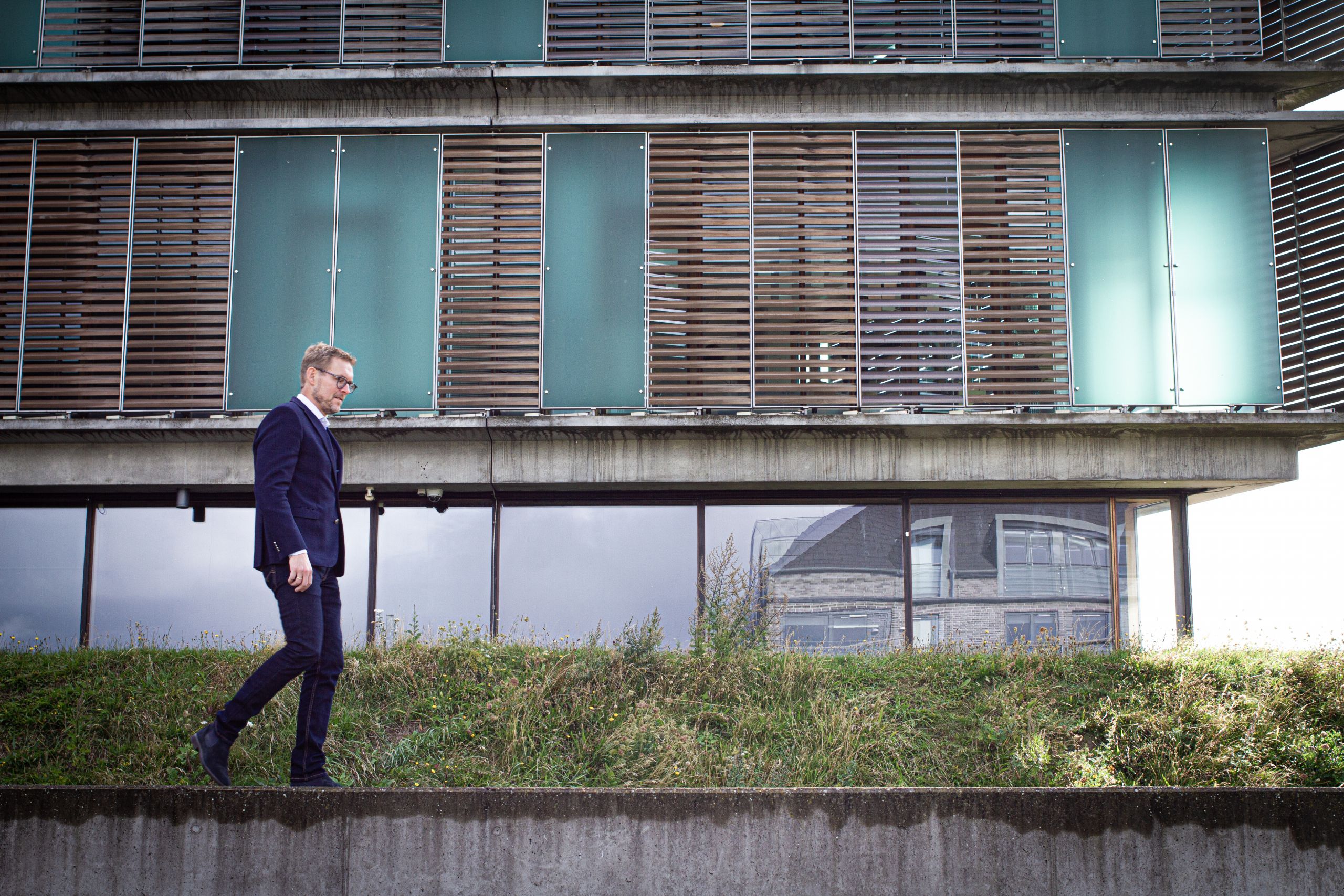
Nikolaj Malchow Møller, photo by Anna Holte
The scale of the government’s planned reforms, which involve an unprecedented redesign of the Danish education system, worries Nikolaj Malchow-Møller, President of Copenhagen Business School. But he also sees opportunities in the investments in lifelong learning opportunities and thinks CBS is well positioned to be relevant in the new education landscape envisioned by the government.
Whether the education reform will be positive or negative for CBS is too early to say, Nikolaj Malchow-Møller writes in an email response to questions from CBS WIRE.
“There are still many unknowns in the proposal, and we still don’t know the final political agreement. As I see it, the proposal contains both positive and disturbing elements and there’s no doubt that this will be very challenging for everybody at CBS.”
It is unclear whether the labour market is ready for this and how our programmes will be able to compete with somewhat similar but potentially longer education programmes at other universities.
Nikolaj Malchow-Møller, President, CBS
One of the main concerns for Nikolaj Malchow-Møller is the sheer scale of the reform. According to the plan, up to half of all master’s programmes in Denmark should become one-year programmes, with the first students graduating from those in 2029. Other changes, such as increasing the number of places on English‑language programmes, should start gradually from 2024.
“This is a huge experiment – and I would clearly prefer a more gradual approach to secure the quality of any changes made,” he writes.
The government’s Reform Committee, however, has previously said that a pilot or gradual rollout is not favourable as it would put students with short degrees at a disadvantage.
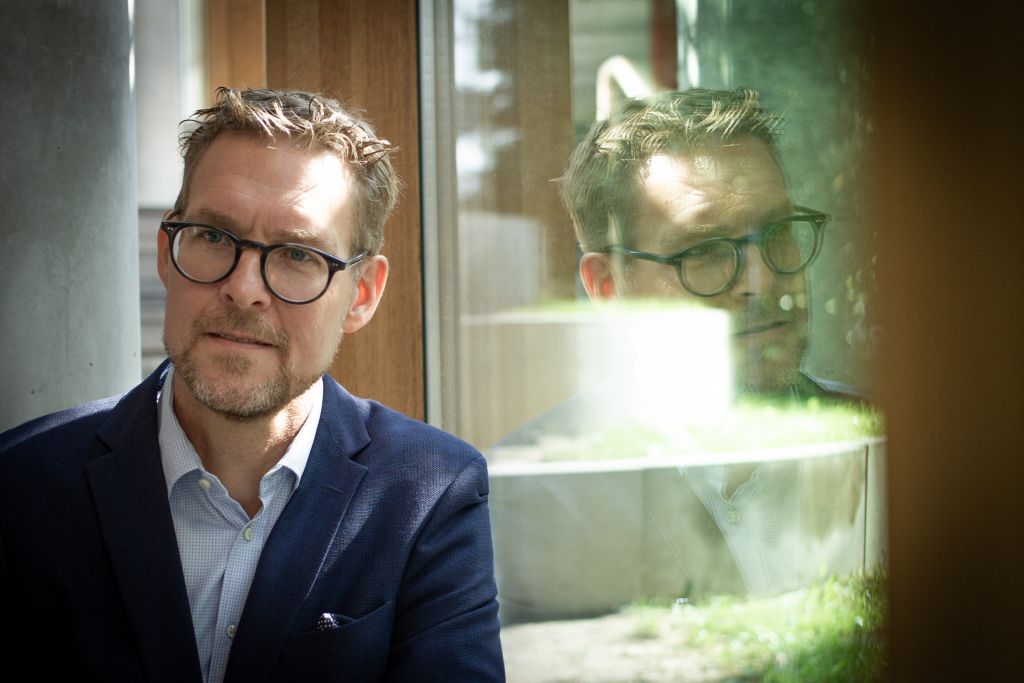
Nikolaj Malchow-Møller, President of Copenhagen Business School. Photo: Anna Holte
“You have to make it large scale to push the equilibrium where you accept that a one-year master’s is as good as a two-year,” Nina Smith, economist leading the Commission said in a talk at CBS last November.
Uncertain reception from businesses looms over reform
Whether one-year master’s graduates will be welcomed by the business sector is another matter of contention. While some surveys have suggested that graduates with one-year master’s will have a difficult time on the job market, other interest groups have been more positive towards the reforms.
Nikolaj Malchow-Møller is not certain:
“It is unclear whether the labour market is ready for this and how our programmes will be able to compete with somewhat similar but potentially longer education programmes at other universities.”
He is also concerned about how students can get international experience on the short master’s programmes.
These points echo concerns about the reform which Nikolaj Malchow-Møller listed during a town hall meeting at CBS.
“I’m convinced that this will happen and our job is to get the best out it. We can influence it,” he said and continued to list some positive aspects of the reform.
It is positive that a one-year master’s should not be the end of an education but can be followed by more studies while in the labour market.
Nikolaj Malchow-Møller, President, CBS
On the bright side, he sees strengthening life-long learning as a promising aspect of the proposal and an important complement to the shorter master’s programmes. Graduates with 75 ECTS degrees will be able to return to university for an extra 45 ECTS to gain a full 120 ECTS master’s degree while working.
“It is positive that a one-year master’s should not be the end of an education but can be followed by more studies while in the labour market. It is also promising that the government is proposing higher funding for the new programmes. This will allow us to invest in the quality of these, through more interaction and feedback and smaller classes. That must also be reflected in the funding in the final political agreement so that the ambition of more – not less – education in the long run does not vanish into thin air,” he writes.
“And of course, I welcome the promise of allowing more international students. International students and scholars are a valuable resource both for our programmes and society.”
You say you expect a significant part of CBS master’s programmes to be converted. Can you be more specific? Should CBS expect to have around 70% of its master’s as one-year programmes?
“From the government’s proposal, we can see that they envision that this will mostly affect the humanities and social sciences (including business), and that their ambition is to convert up to 50% on average. But how that will affect CBS is too early to say. We hope and work for a smaller percentage.”
While the student union CBS Students and the Professors’ Association at CBS have expressed hopes to have as few one-year master’s as possible at CBS, Nikolaj Malchow-Møller has another approach:
“I would put it slightly differently. It should be an objective for us to get a mix that reflects what our employers and students demand and what we believe we can deliver high-quality on.”
What could this mean for academic staff? Is there any hope that increased teaching hours could cover for loss of programme years, or are we looking at probable cuts in faculty positions at CBS?
“There is certainly hope. The government is proposing a net increase in funding to invest in quality and life‑long learning opportunities. So, as it stands, this should mean more resources for teaching and hopefully more faculty positions.”
Figuring out which programmes at CBS could be most fitting for a one-year programme will be part of the Strategic Programme Portfolio Review (SPPR) process, whereby CBS, independently of the education reform, is already planning changes to its programme offering. The process is led by Anna Thomasson, Dean of Education, and will involve a broad range of internal and external stakeholders.
We can make strides in our work developing and optimising our portfolio and also make potential adjustments consistent with the political decisions late in the project if necessary.
Anna Thomasson, Dean of Education, CBS
According to her, it is advantageous for CBS to start moving forward although the full extent of the reform is not known yet.
“We can make strides in our work developing and optimising our portfolio and also make potential adjustments consistent with the political decisions late in the project if necessary,” she writes in a response to CBS WIRE.
“It will make us better equipped to engage in a dialogue with not only the government, but also the other universities in Denmark regarding how to implement the proposed educational reform.”
Which programmes to turn into one-year programmes will not be entirely up to CBS. After a political agreement is reached, the government will appoint a master’s committee (kandidatudvalg) with representatives from universities, business, students and politicians with the task of defining how to cut programmes. The committee’s composition, and whether it will include a seat for each university, has not yet been announced, but Nikolaj Malchow-Møller hopes so.
“I hope for and will work for a CBS representative. I think we have a lot of insights to offer the committee, and with our standing, our strong connections to practice as well as our experience with continuing education, it would be a mistake not to include us.”



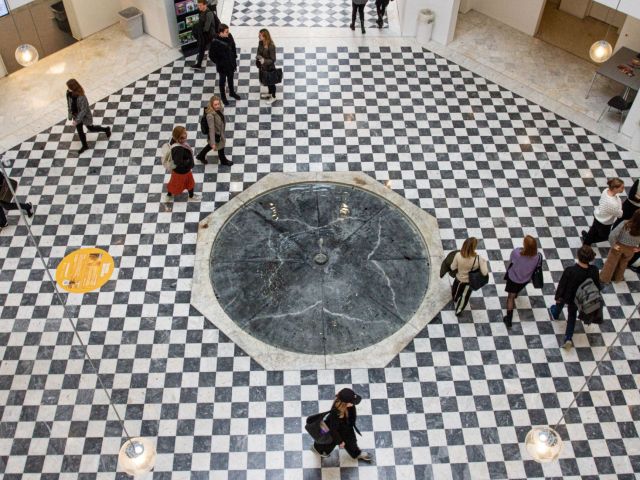
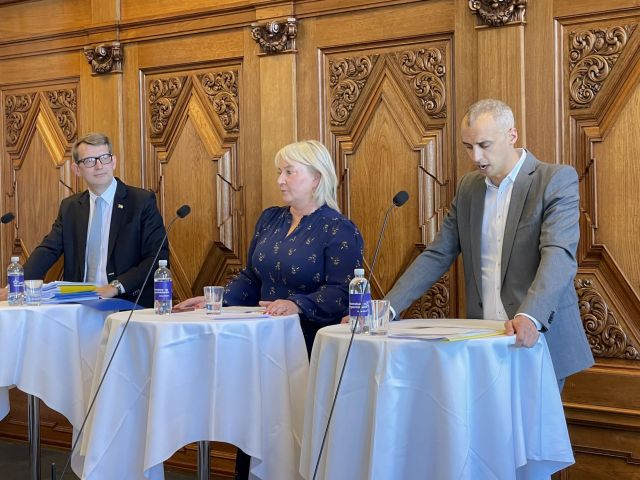
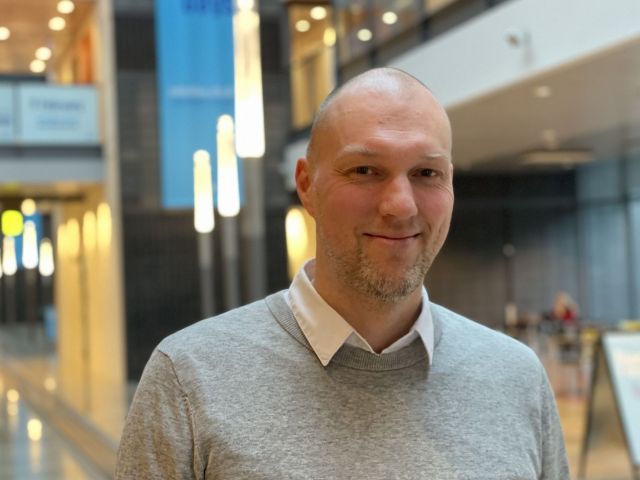






























































































































Comments